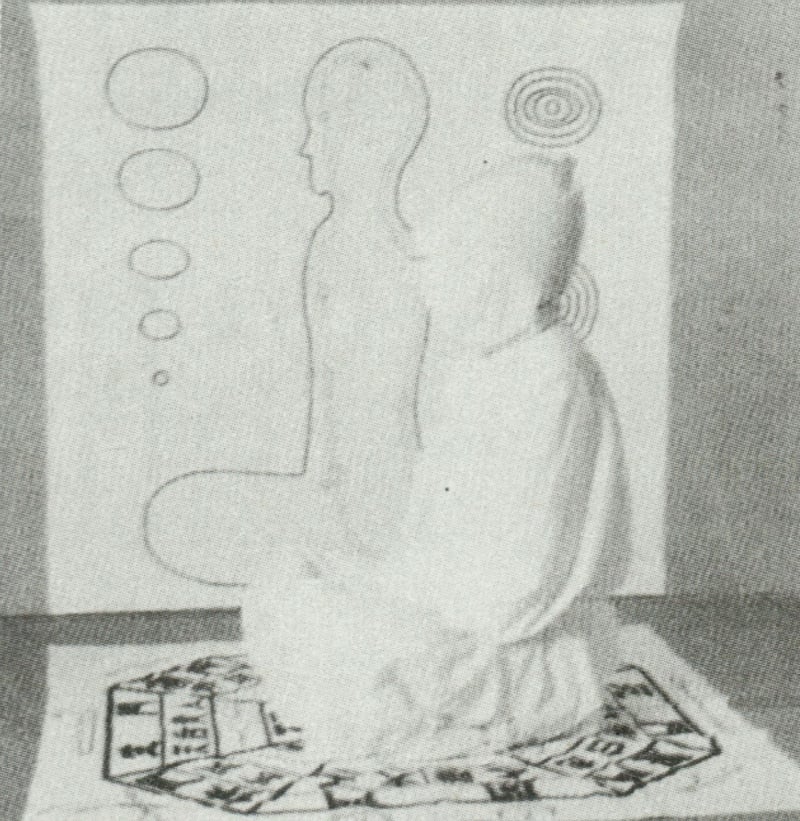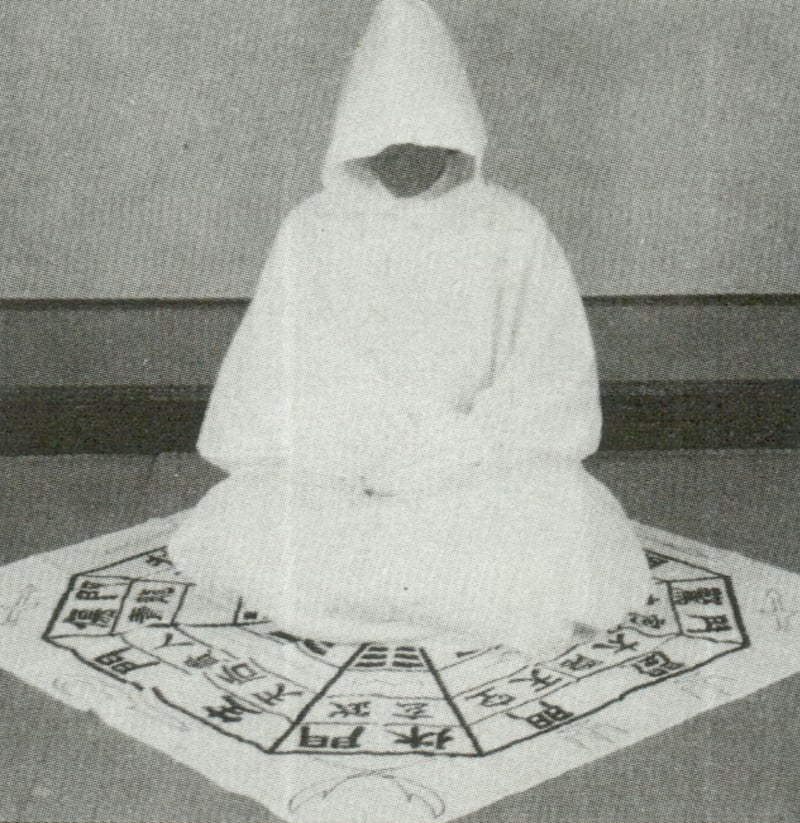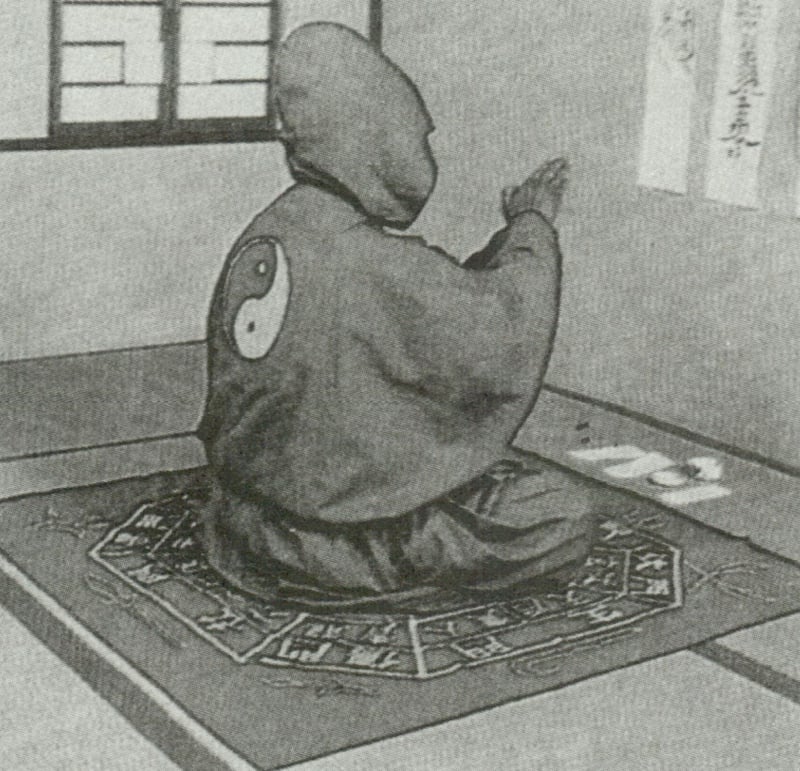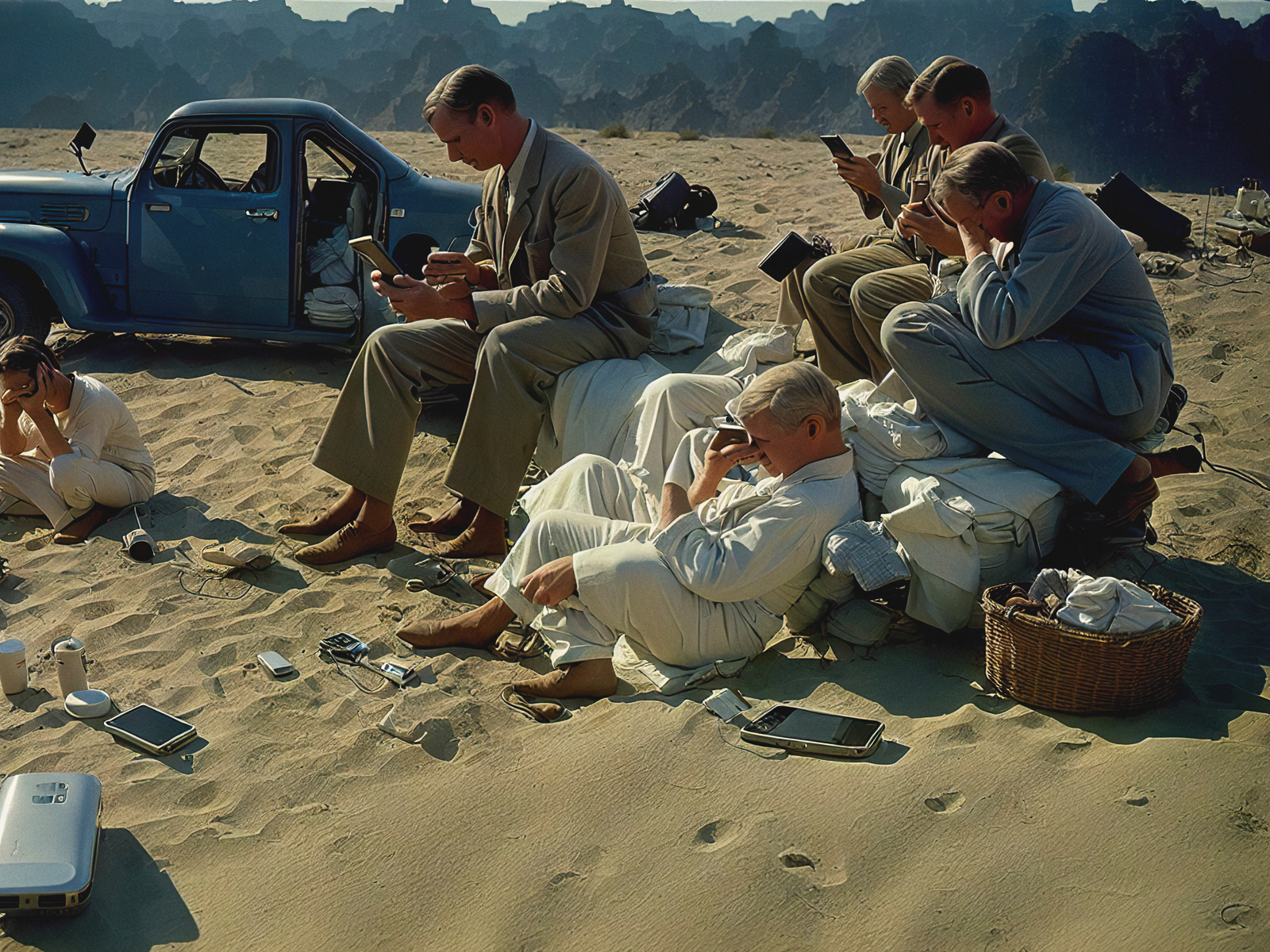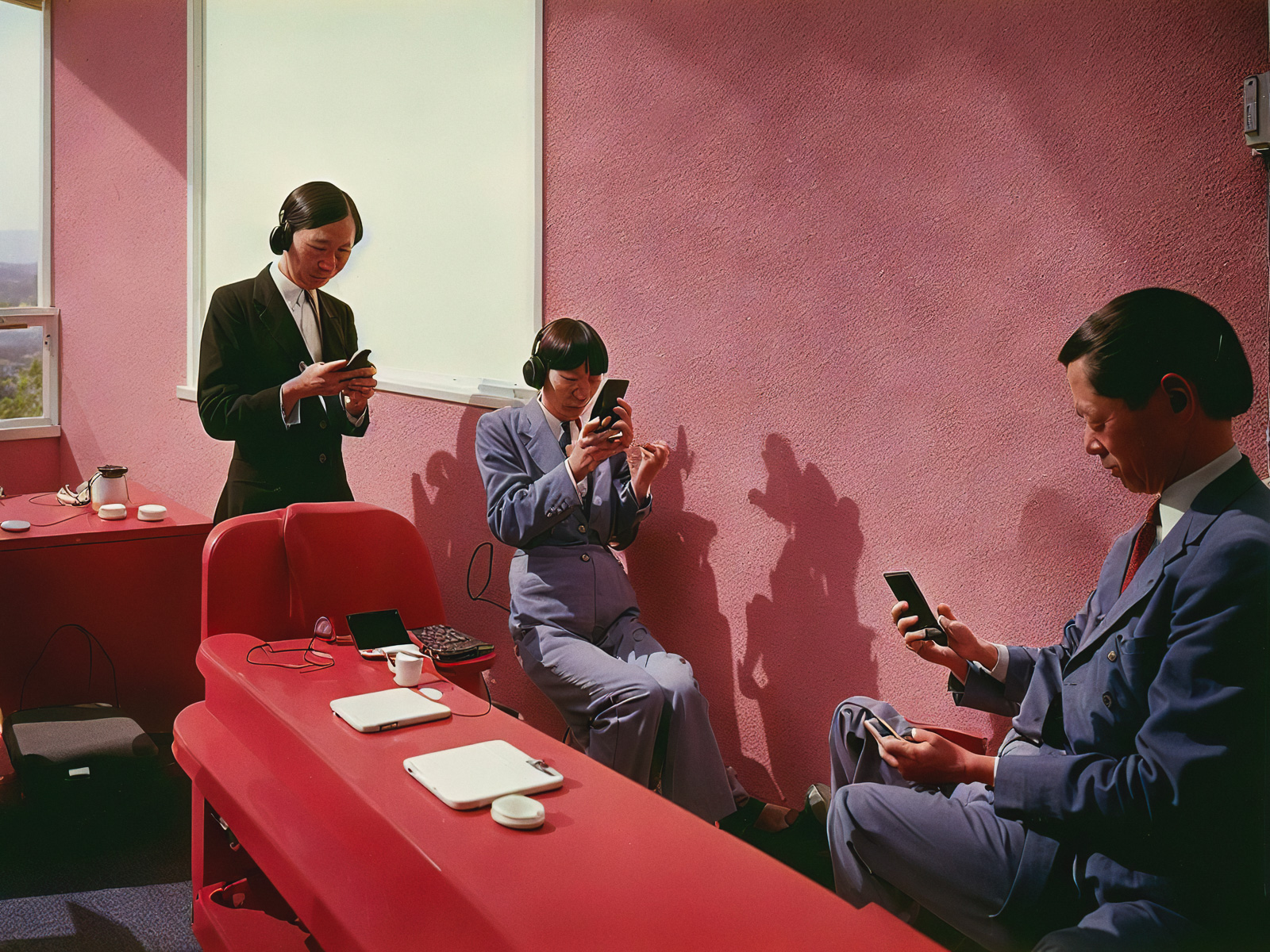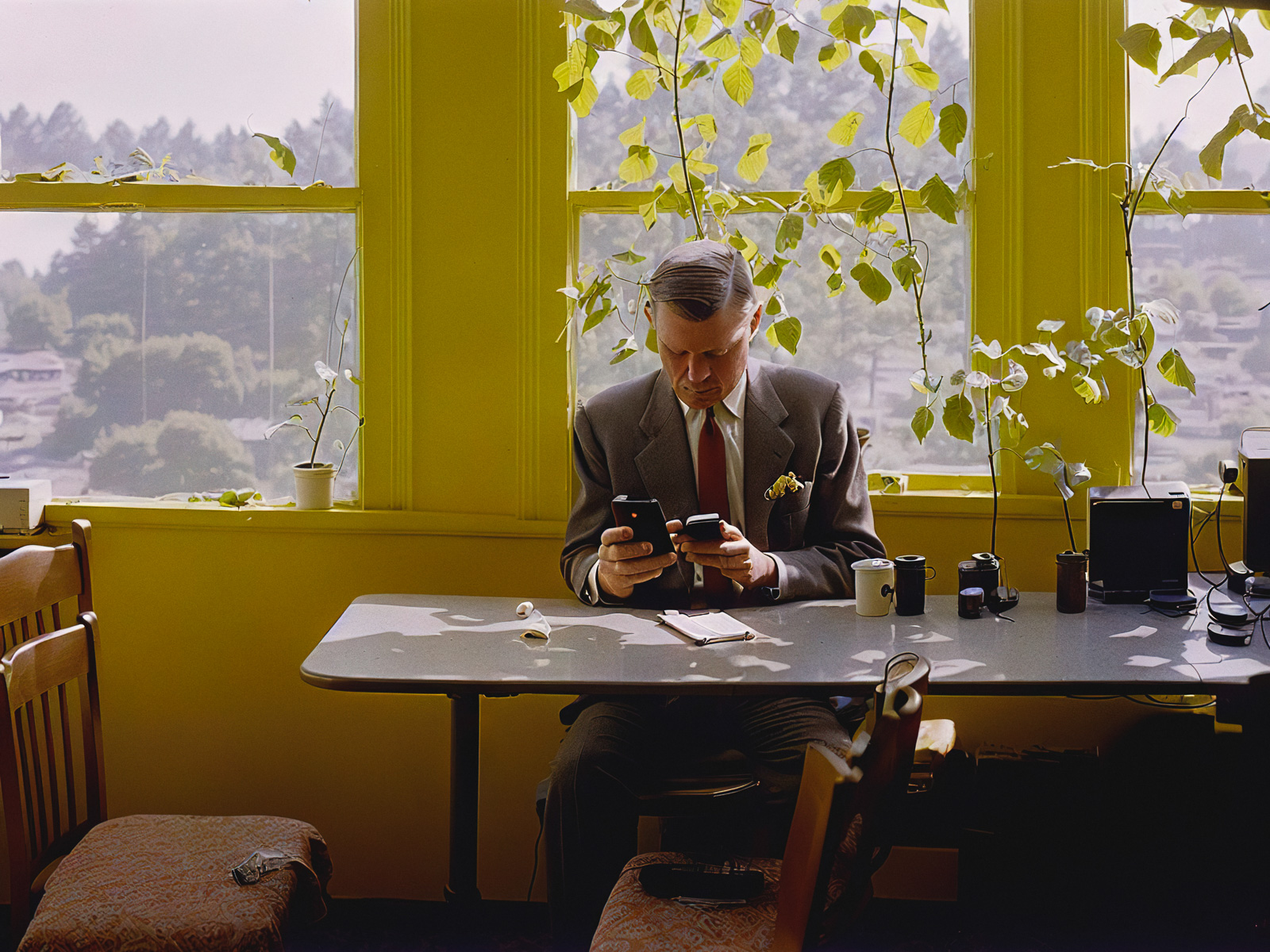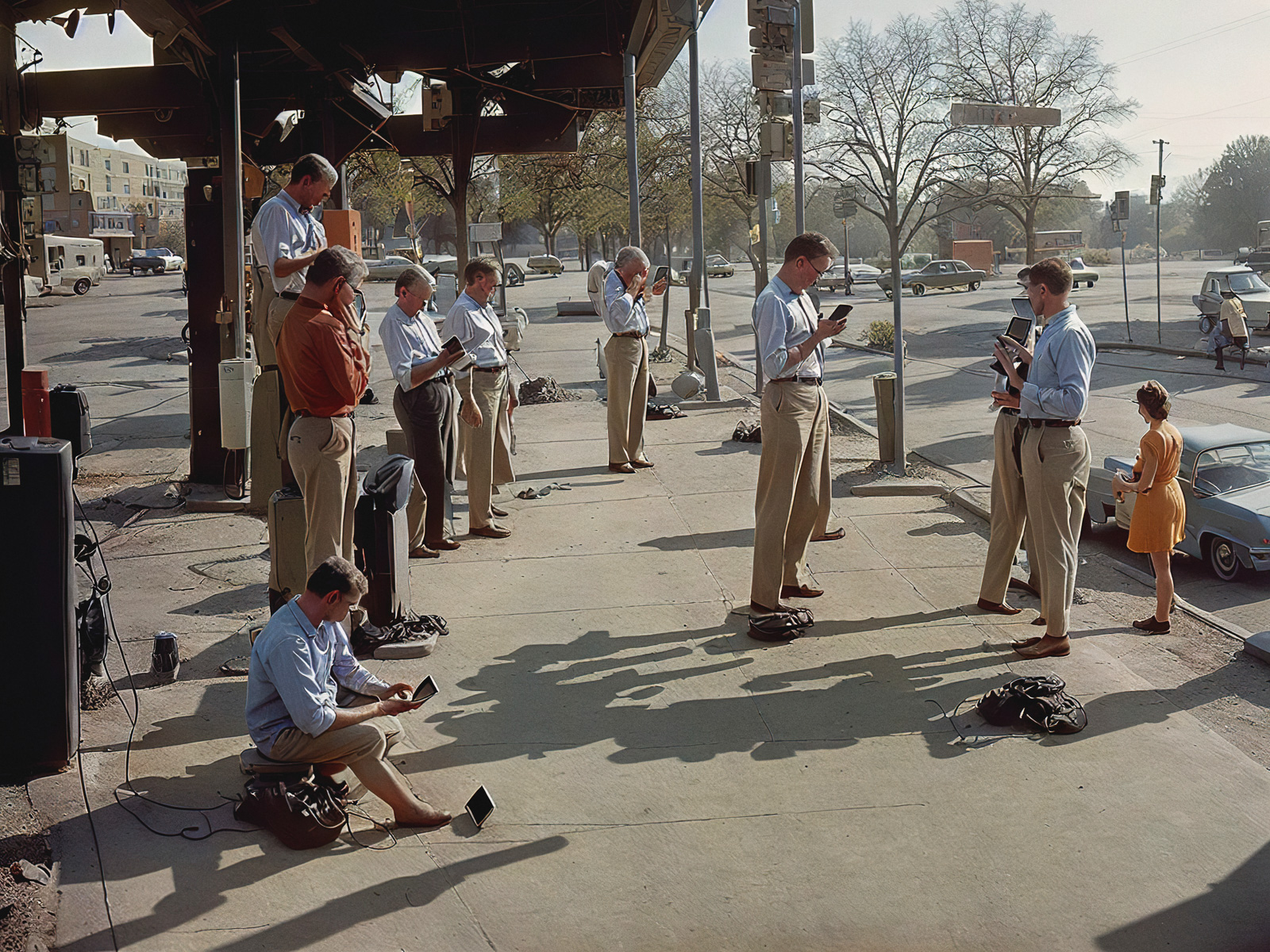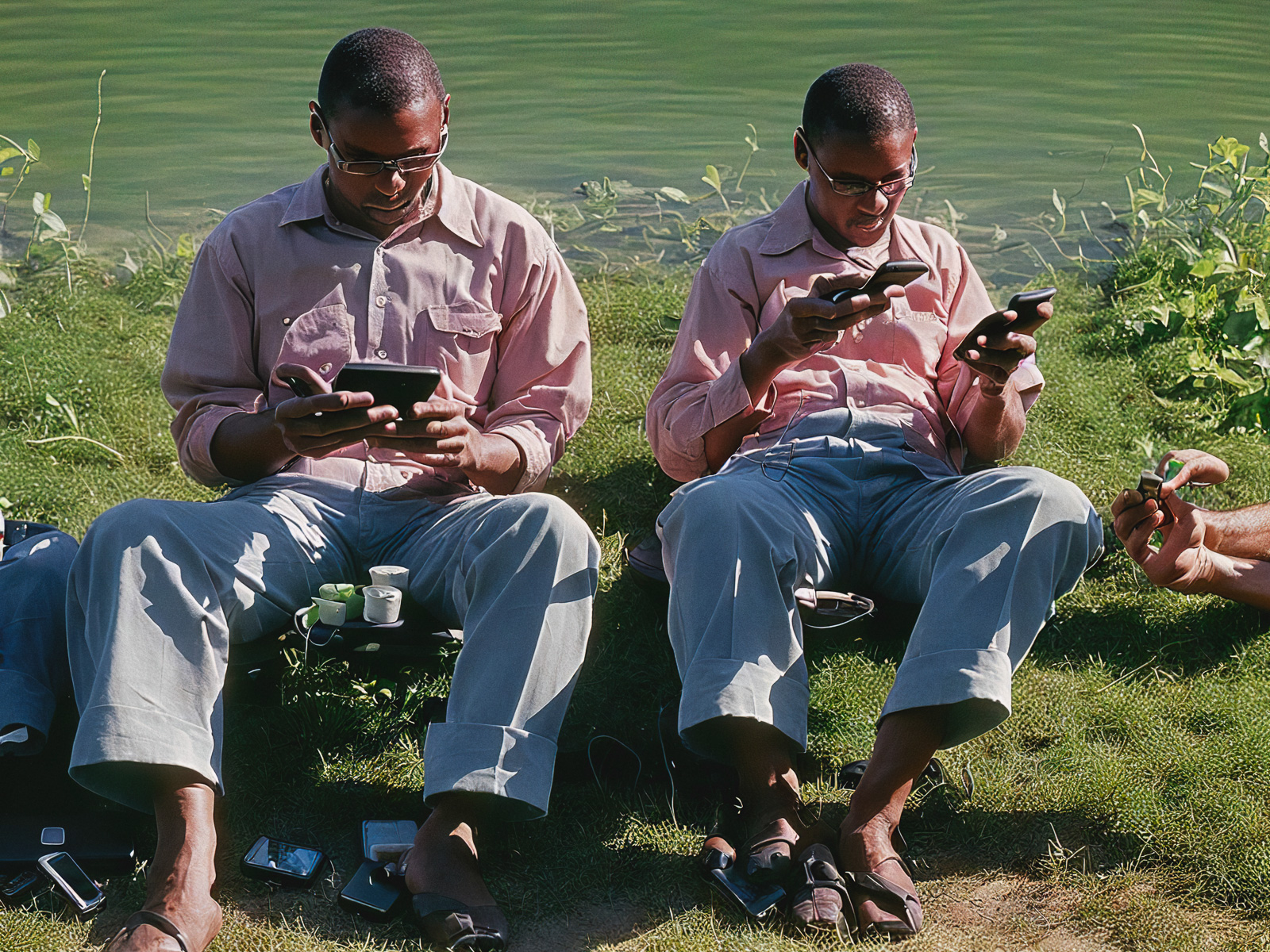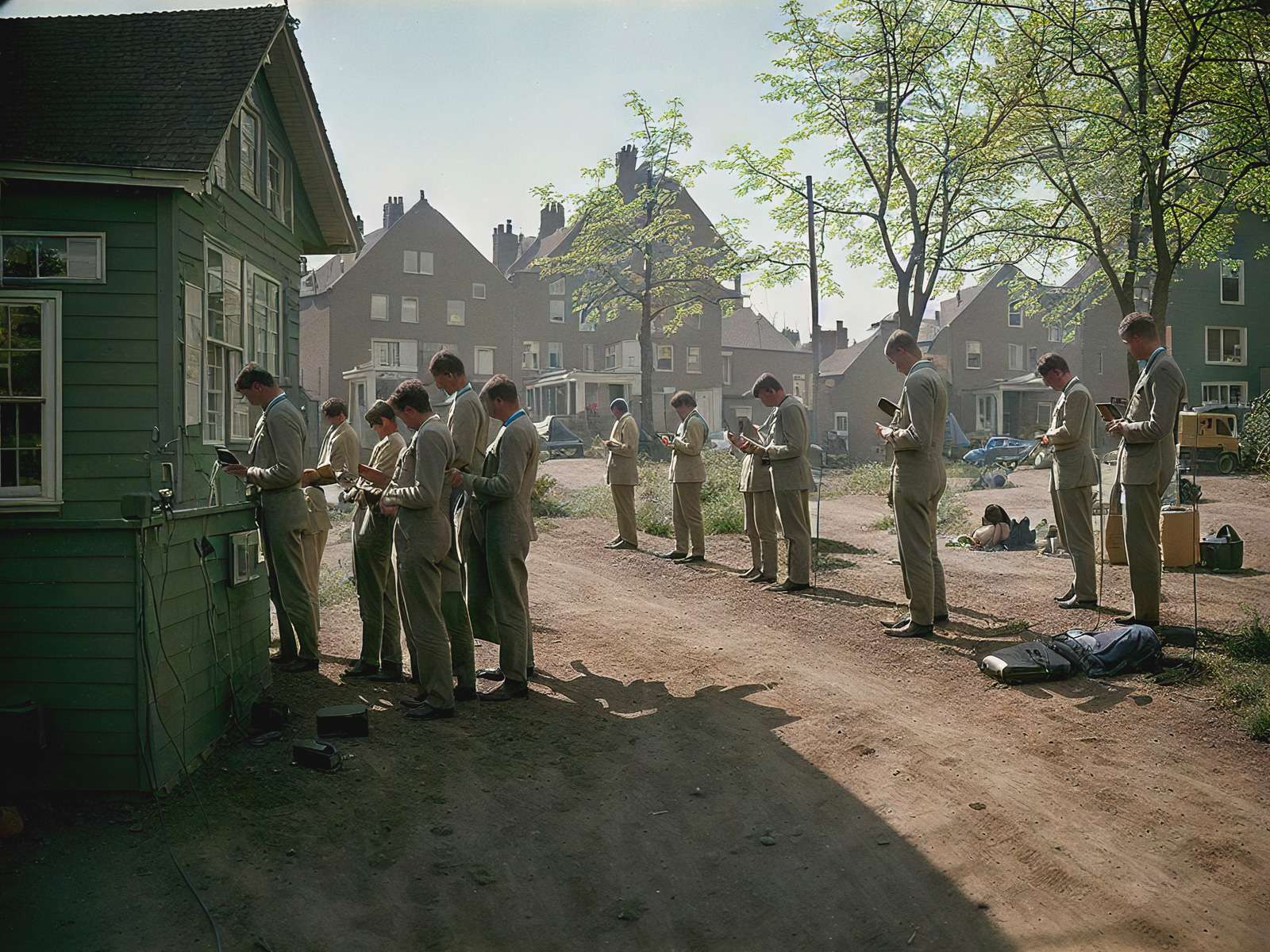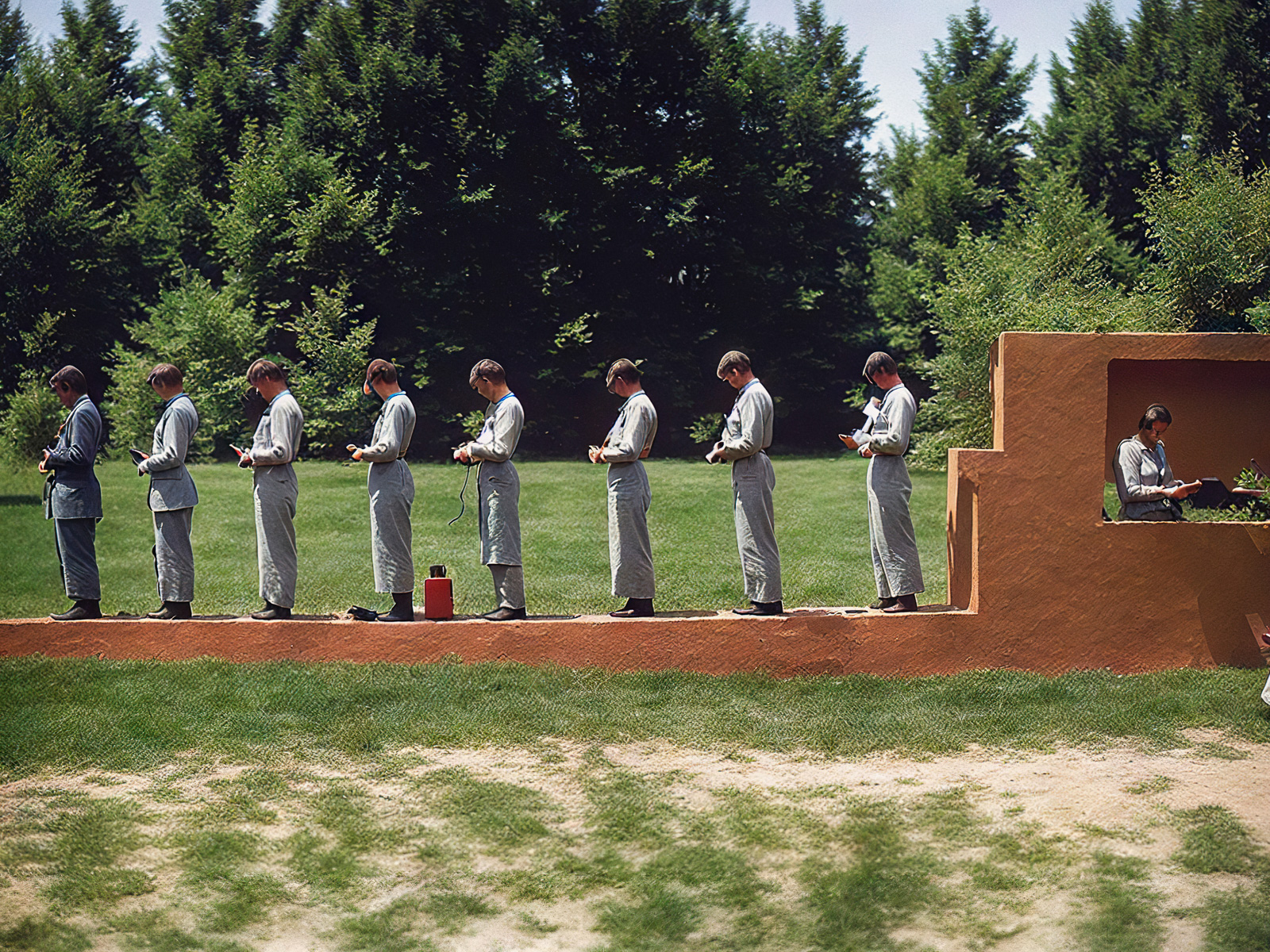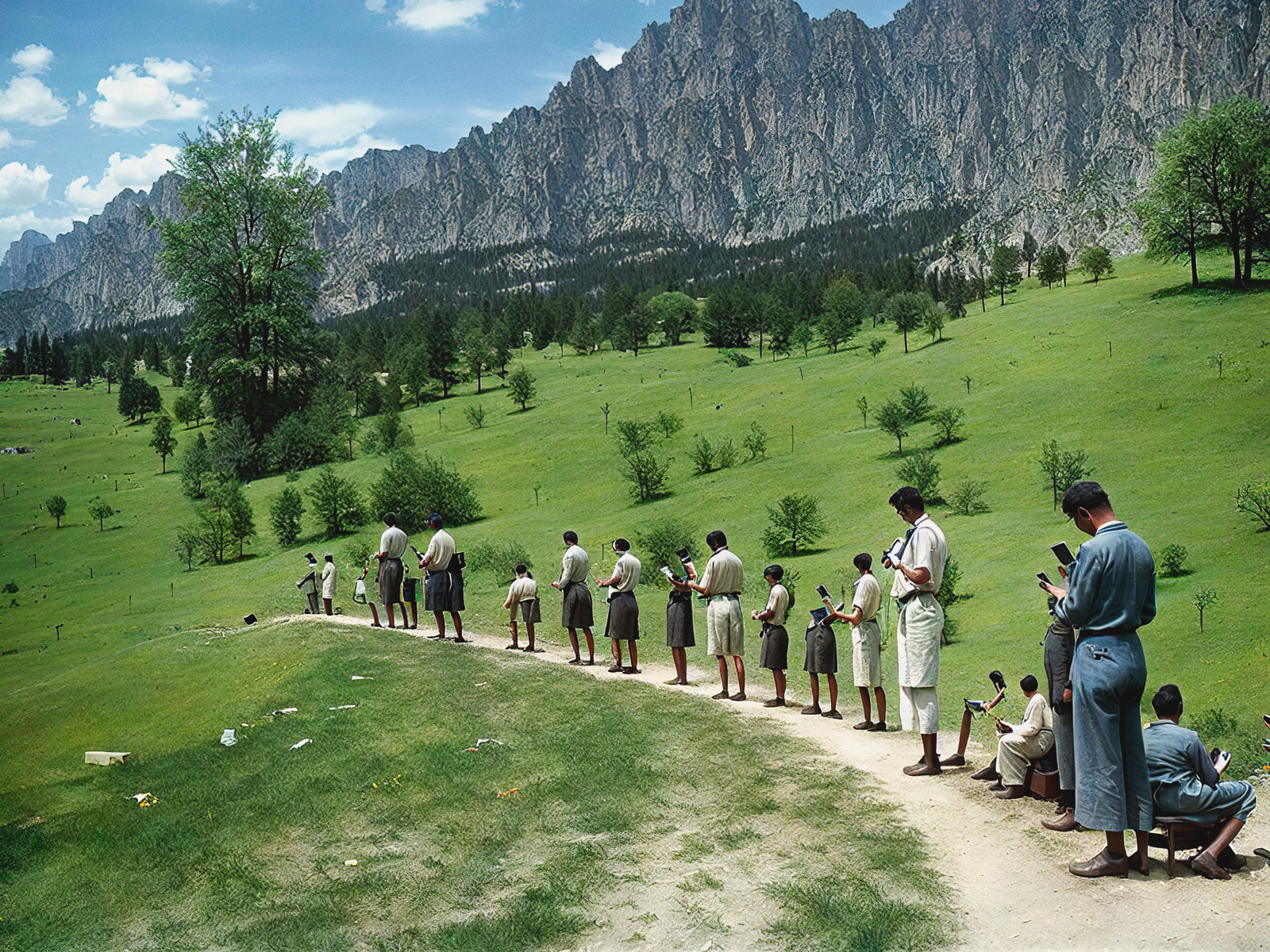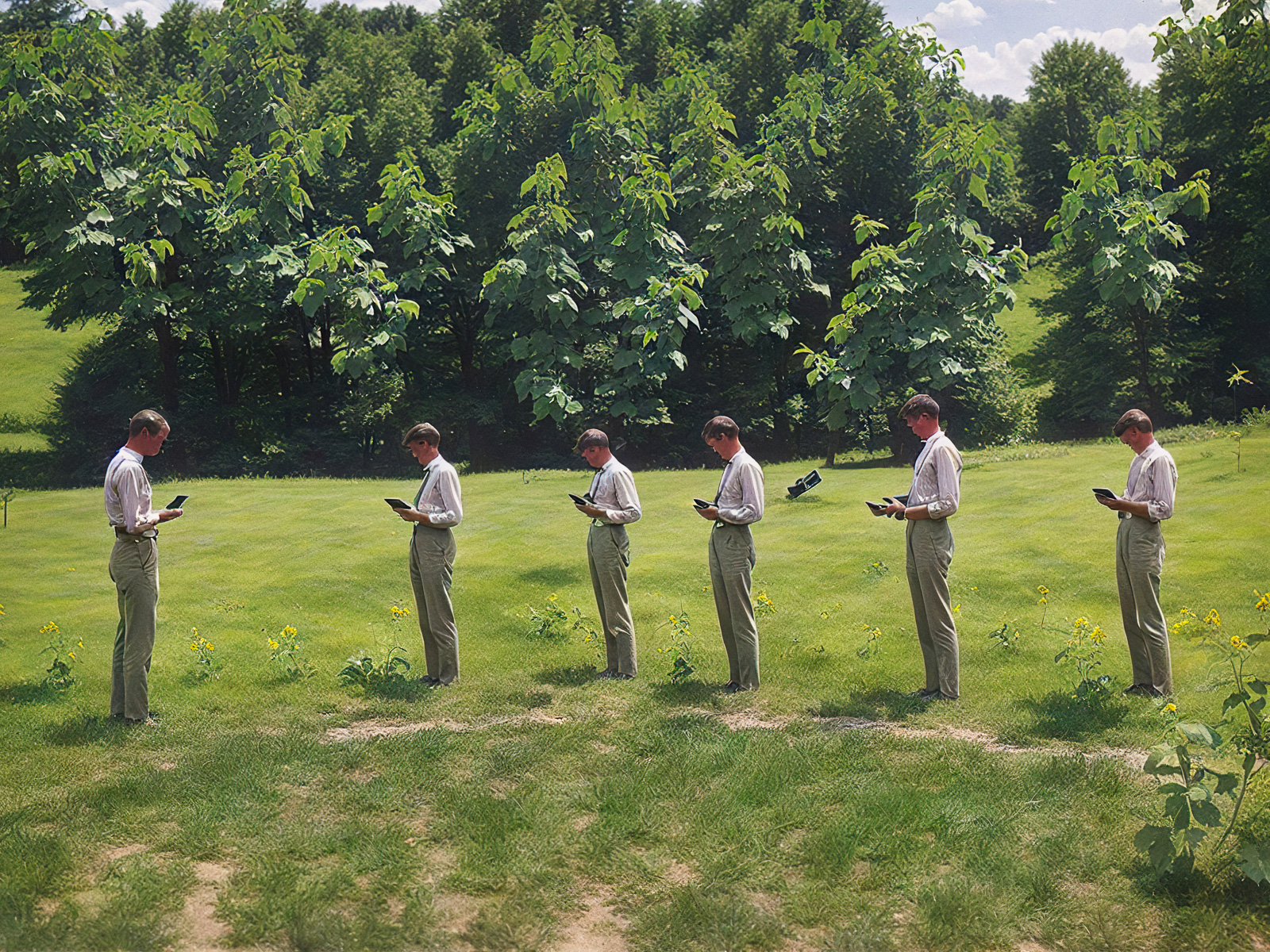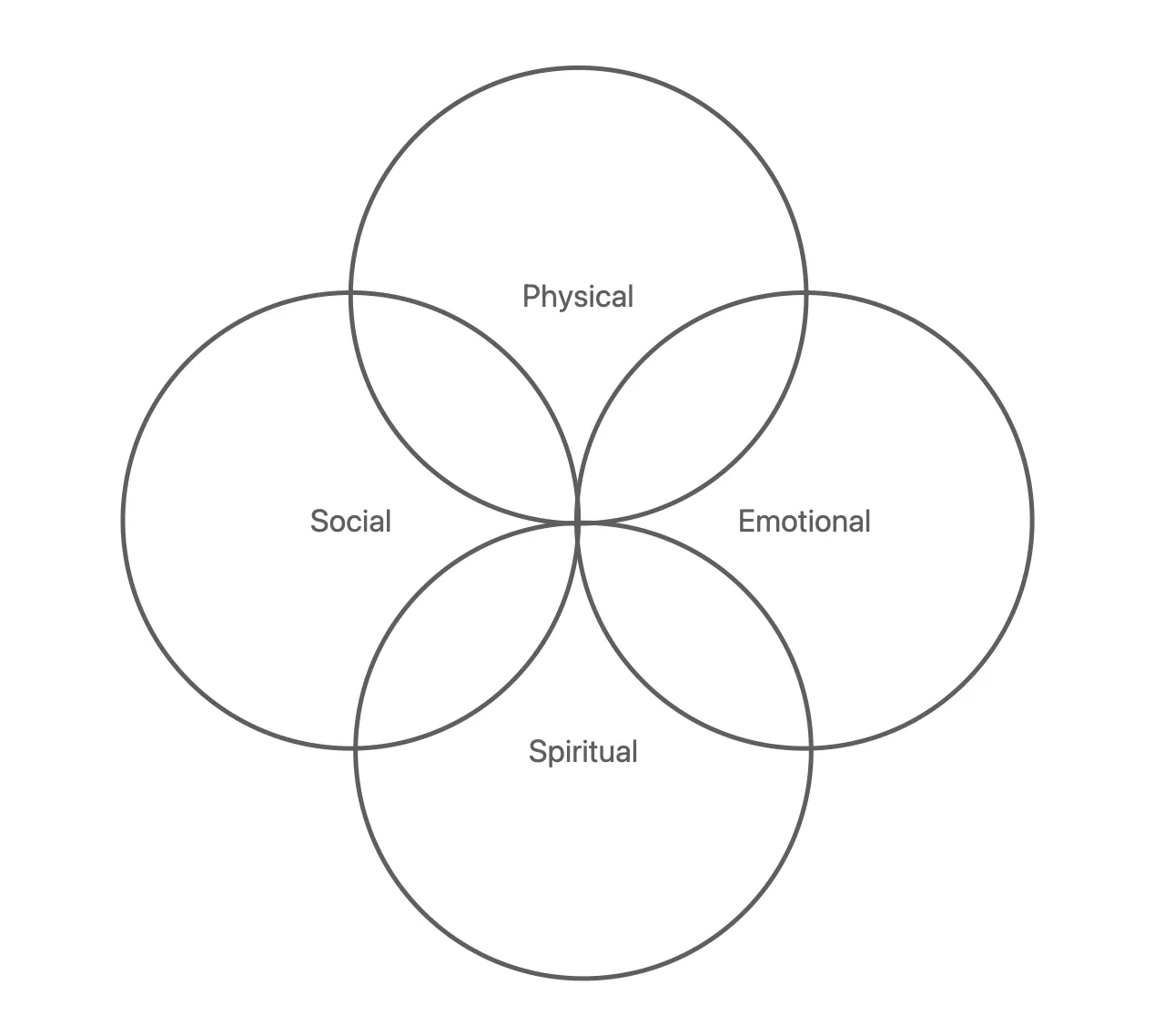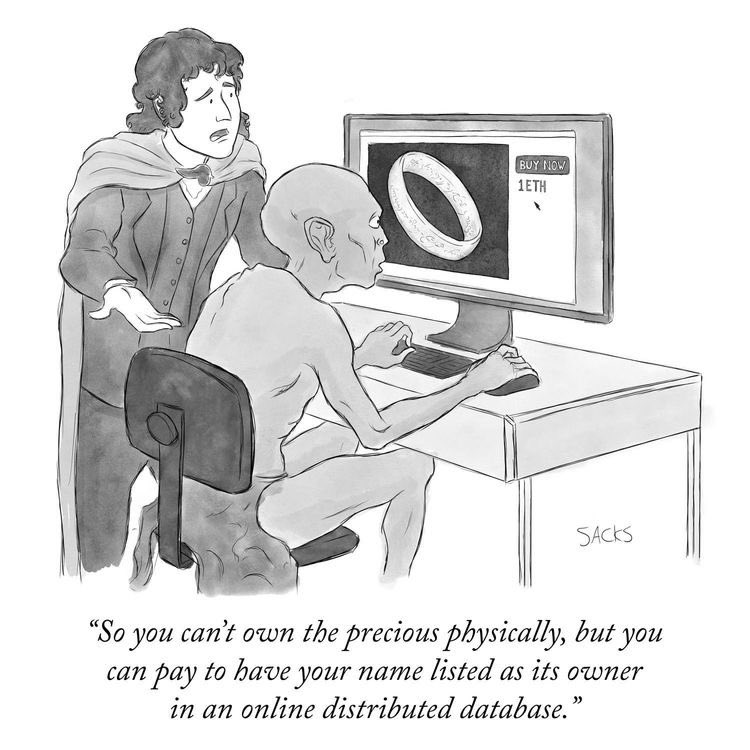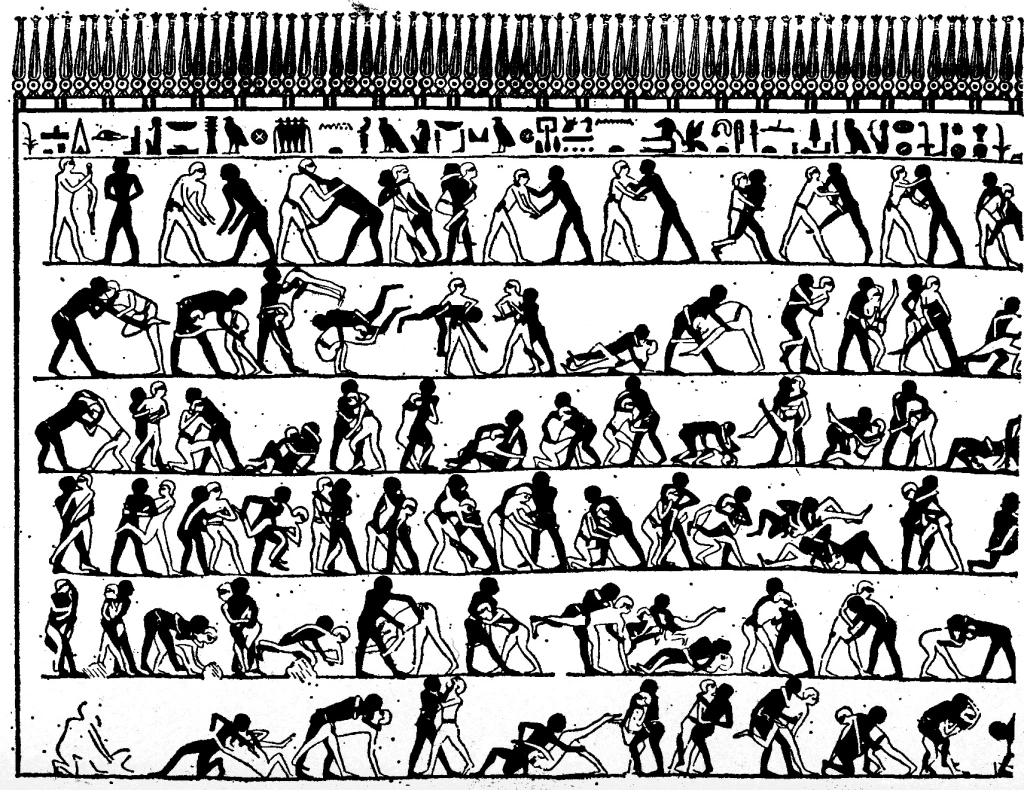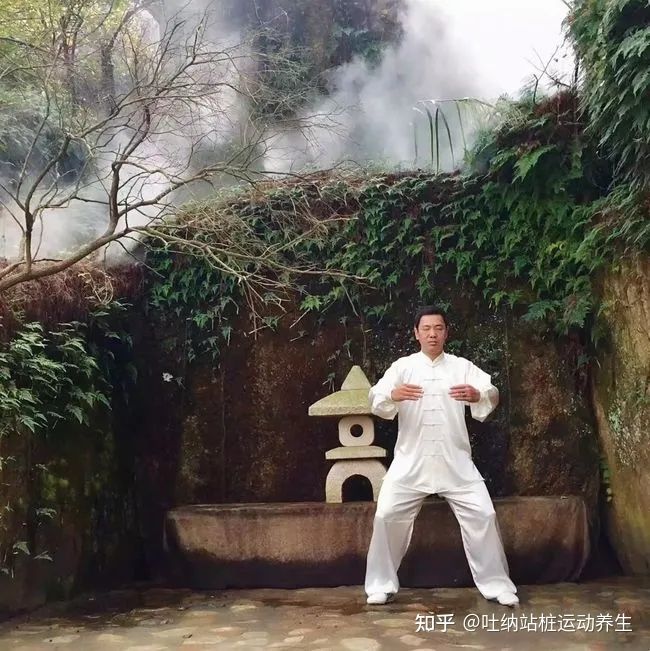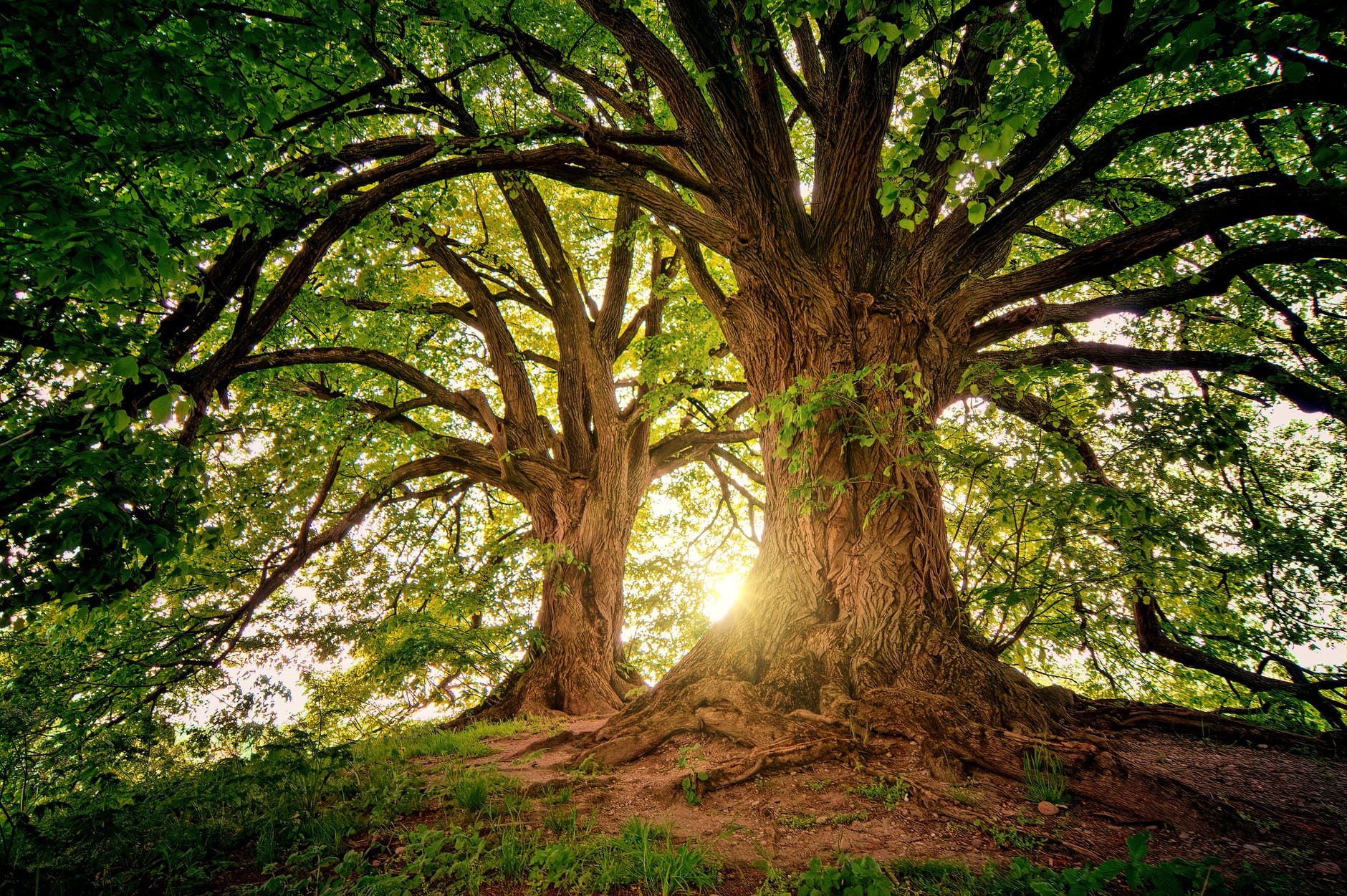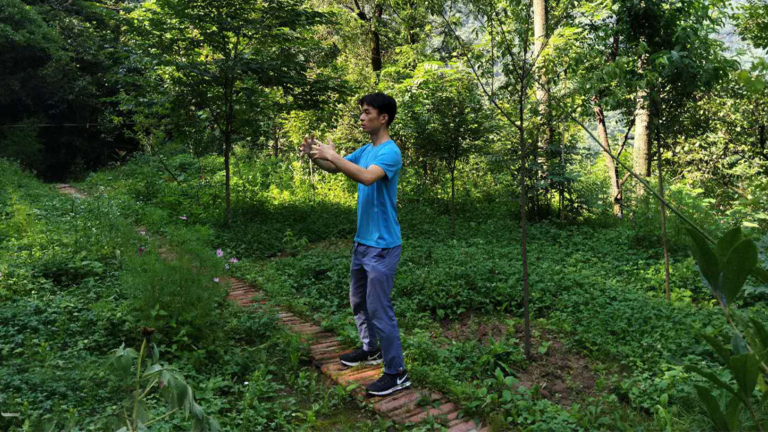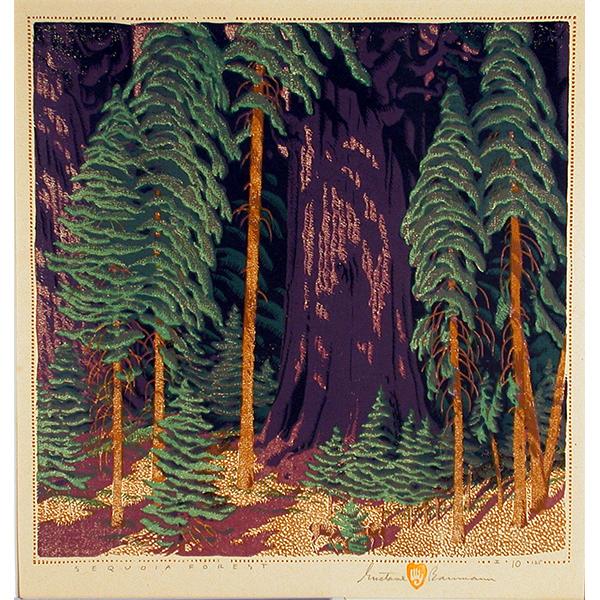-
New Ways November calendar for inspiration through this month. From "Action for Happiness"

-
Critical Ignoring as a Core Competence for Digital Citizens - In an age of information overabundance, critical ignoring is as important as critical thinking.
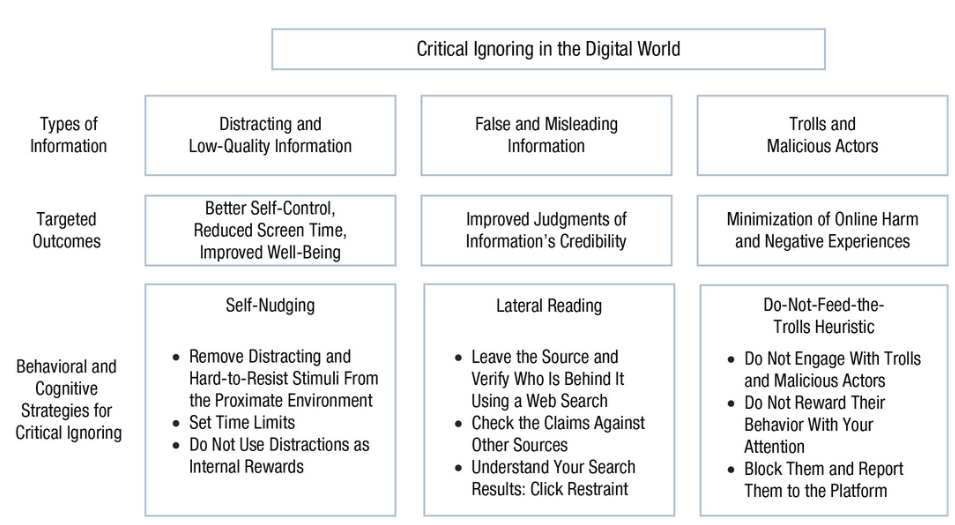
-
This photograph was taken by the British Terra Nova Expedition of Antarctica of 1910, before their entire polar team would die on the way back from the South Pole to their ship. The bodies, journals and photographs were discovered by a search party eight months later.

-
Network of companies built around Sam Bankman-Fried (FTX/Alameda). The mafia would be proud.
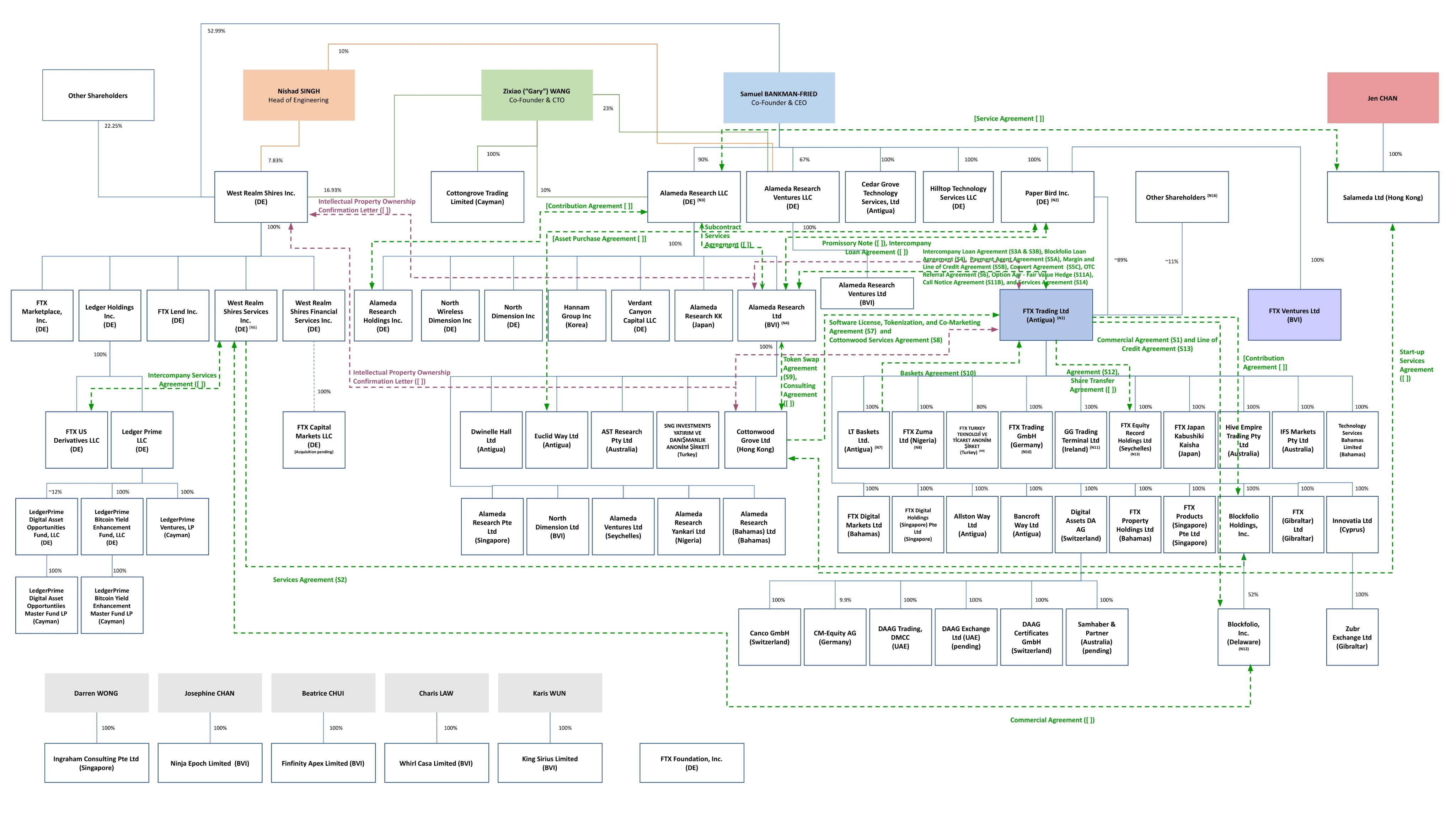
-
Medicinal Mushroom Traditions of the East
Medicinal mushrooms have been used in traditional Chinese medicine (TCM) for thousands of years (estimates vary from 3-7,000 years). The oldest official list of 365 medicinal substances, Shennong Bencao Jing, contains the materia medica of TCM, dating from the 29th century BC. The list contains several mushroom species used for medicinal purposes; especially revered was the famous ganoderma mushroom (Ganoderma lucidum, Chinese: lingzhi, Japanese: reishi or mannentake).
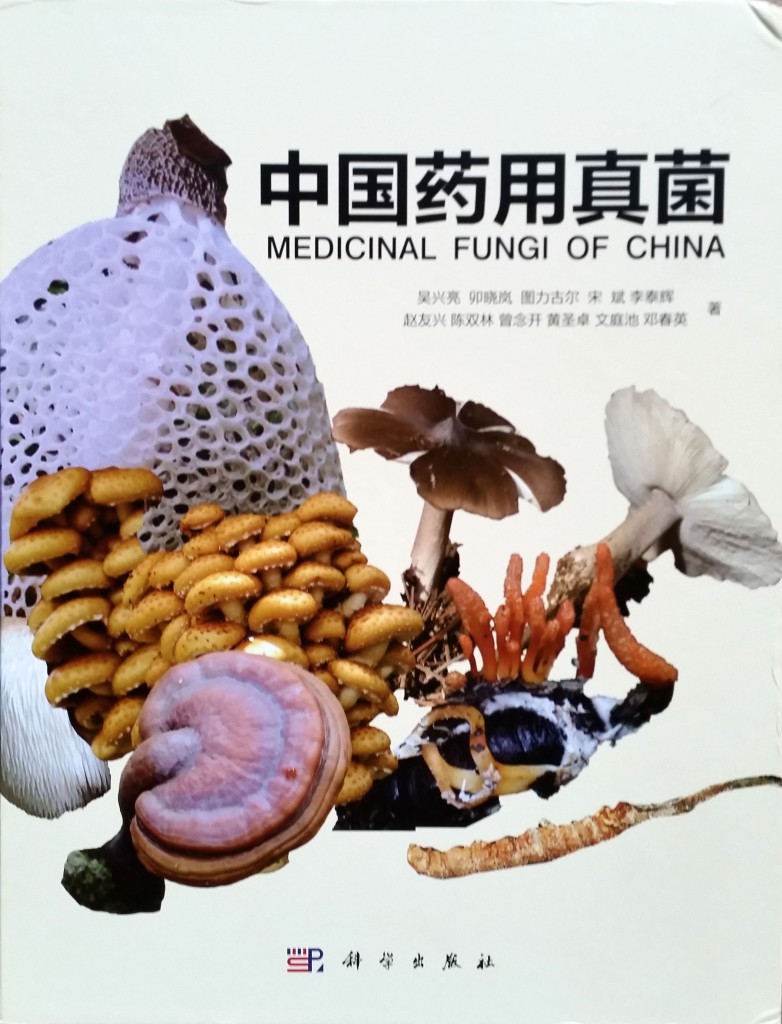
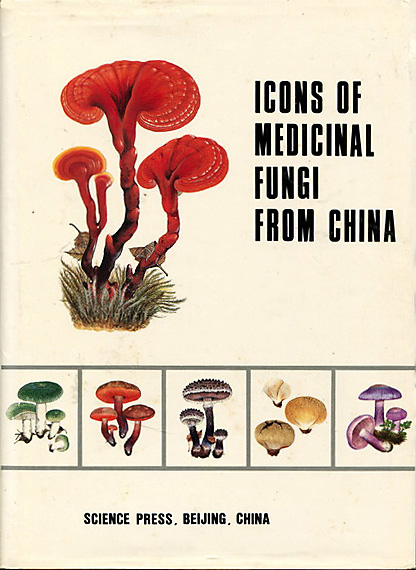
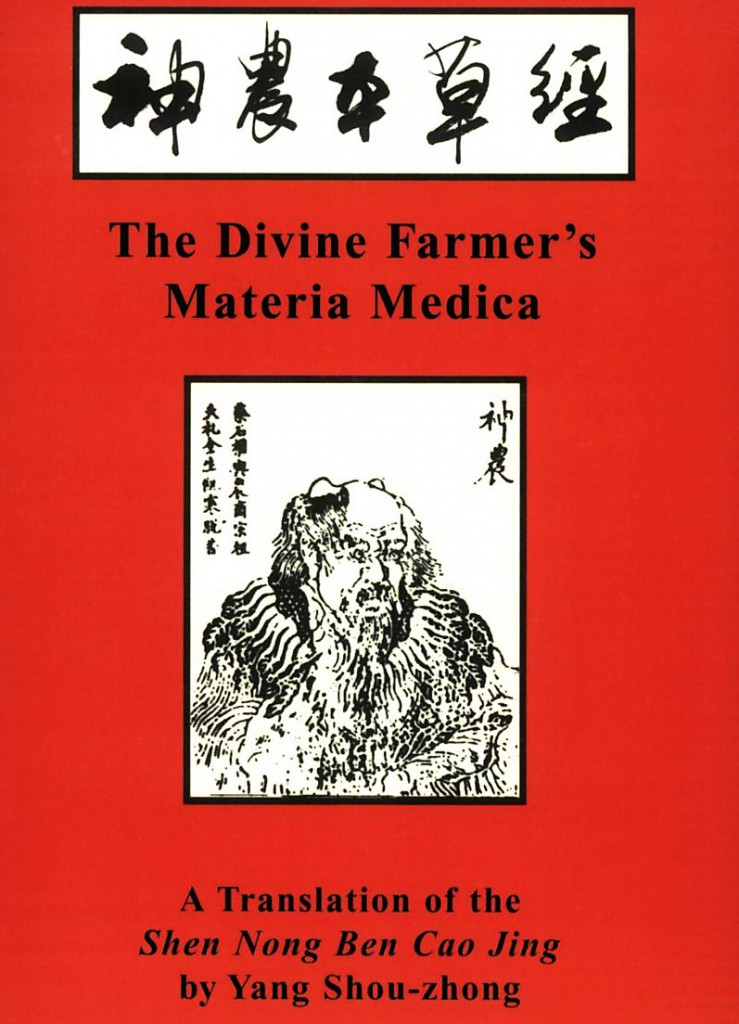
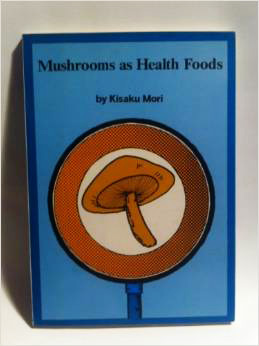
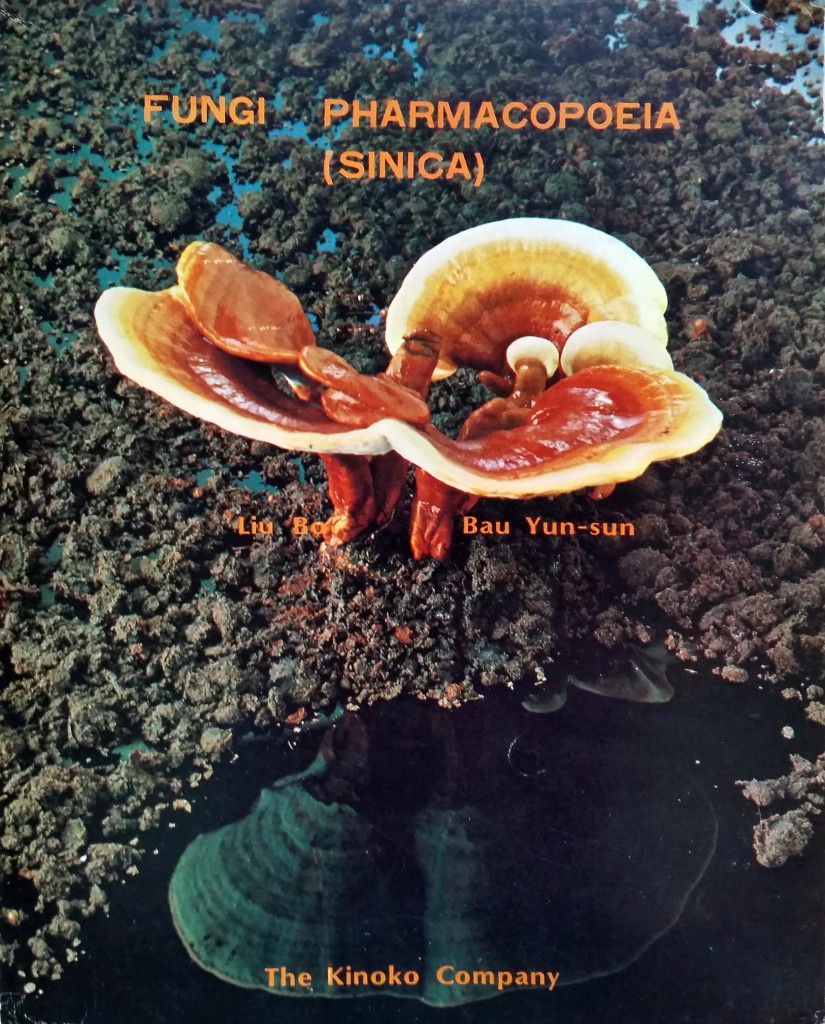
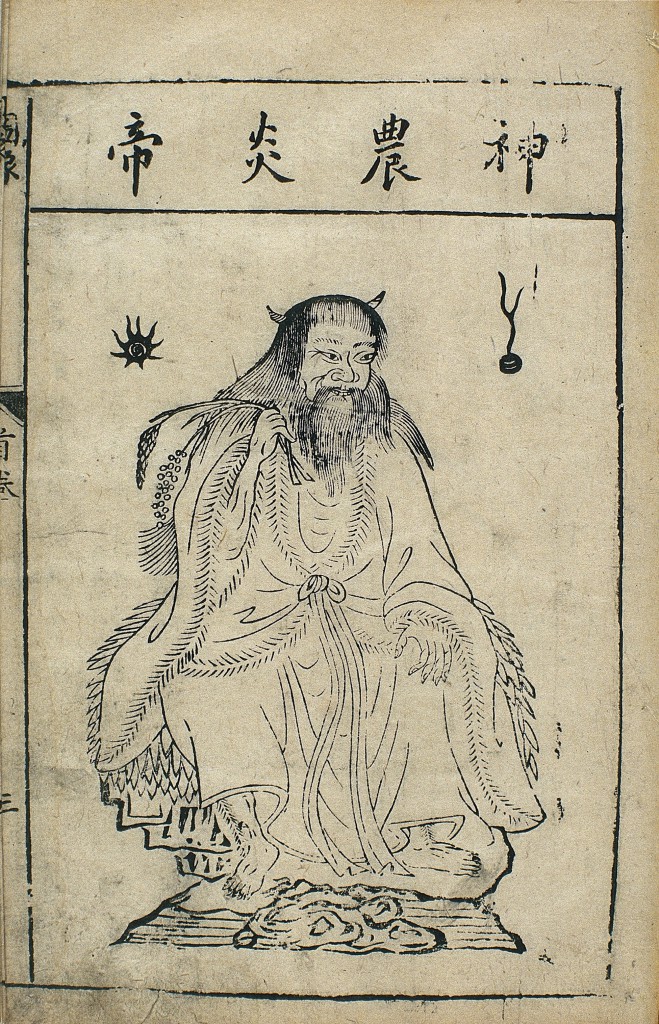
-
Ease your mind and let you body unwide.
When free from the meddling of the mind, the body can ease into an unwind/release-mode. This can be achieved easiest via non-directive/do nothing meditation. Once the i is out of the way, the body can make the intuitive movements to restore itself towards natural, perfect posture.
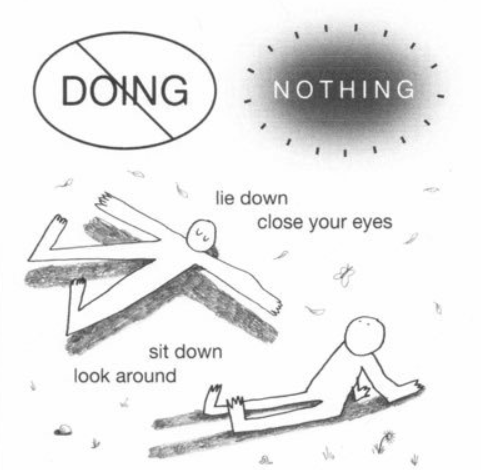
-
It's the economy stupid...
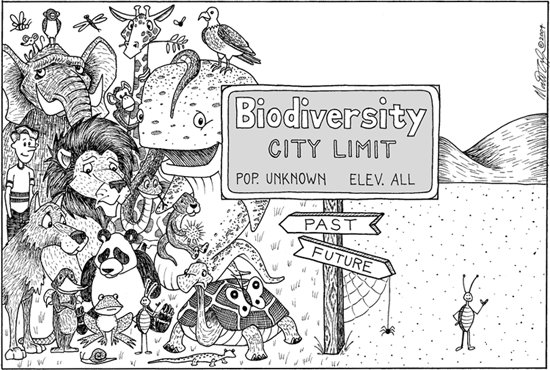
If you are focusing on "the economy", you are completely fooling yourself. Focus on what really matters: Between 1970 and 2018, wildlife populations declined an average of 69 percent. Similar statistics can be found across the natural world, on which our very existence depends. It's certainly time to get our proprieties straight - the business people, accountants, bankers and economists are not able to and urgently need help.
"The positive effect of environmental destruction"



-
Some personal news: I'm leaving @huggingface at the end of this month, where i worked as product designer. Thanks to all the kind people there for the interesting time, best of luck with everything!
-
Wang Xiang Zhai doesn’t like Tai Chi
Somebody posted a quote by (founder of Yi Quan) Wang Xiang Zhai from his 1940s interview containing his thoughts on Tai Chi. It is pretty clear, unambiguous and to the point. Have a read:
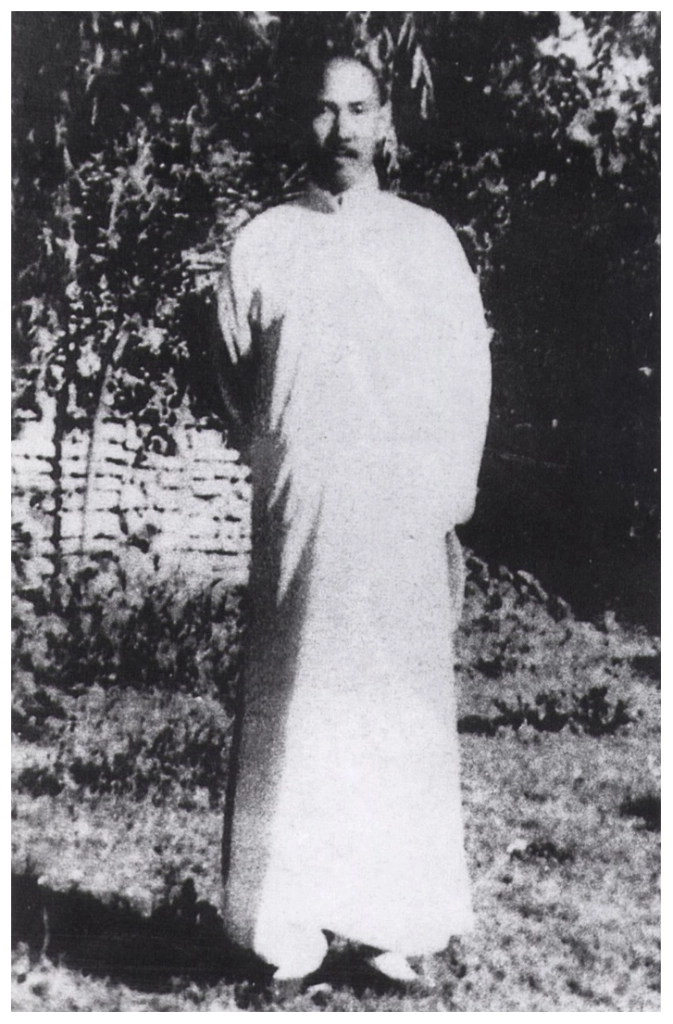
Wang Xiang Zhai on Taijiquan (from an early 1940’s interview):As masters of the original Taijiquan, I should recommend the Yang brothers Shouhou and Chengfu. They are my friends, and I know that their Taiji has some knowledge of mechanics. But out of one hundred students, not even one gains its essence…and even then, it is still one-sided, because the skills of intuitive perception died out a long time ago. Originally, Taiji consisted of three fists, Wang Zongyue changed it into thirteen postures, and it was later embellished into as much as one hundred and fifty postures. This is the cause of the distortion.Sticking to mechanical movements, seeking beautiful postures and mistaking it for the glory of martial arts…that is terrible. Such a person cannot comprehend boxing for life. If a man of insight sees such a performance, he will feel sick for ten days.As a means of health preservation, Taijiquan restrains the spirit, and brings discomfort to its practitioner. For combat, it harms the practitioner’s limbs and trunk, and causes a useful body to become a mechanical and stiff thing…it’s nothing more than a waste of time.As for the training method—a punch with the fist here, a slap with the palm there, a kick to the left, and another one to the right—it is pitiful and laughable.As for dealing with an enemy in a fight: please do not even consider it. So ruined is this boxing that it has become useless. There are many more things, but I feel embarrassed to say them.
-
"Oh well, it's just one disposable coffee cup" - "Said 7 billion people"

-
“Not knowing the name of the tree, I stood in the flood of its sweet scent” - Matsuo Bashō (1644 - 1694)


